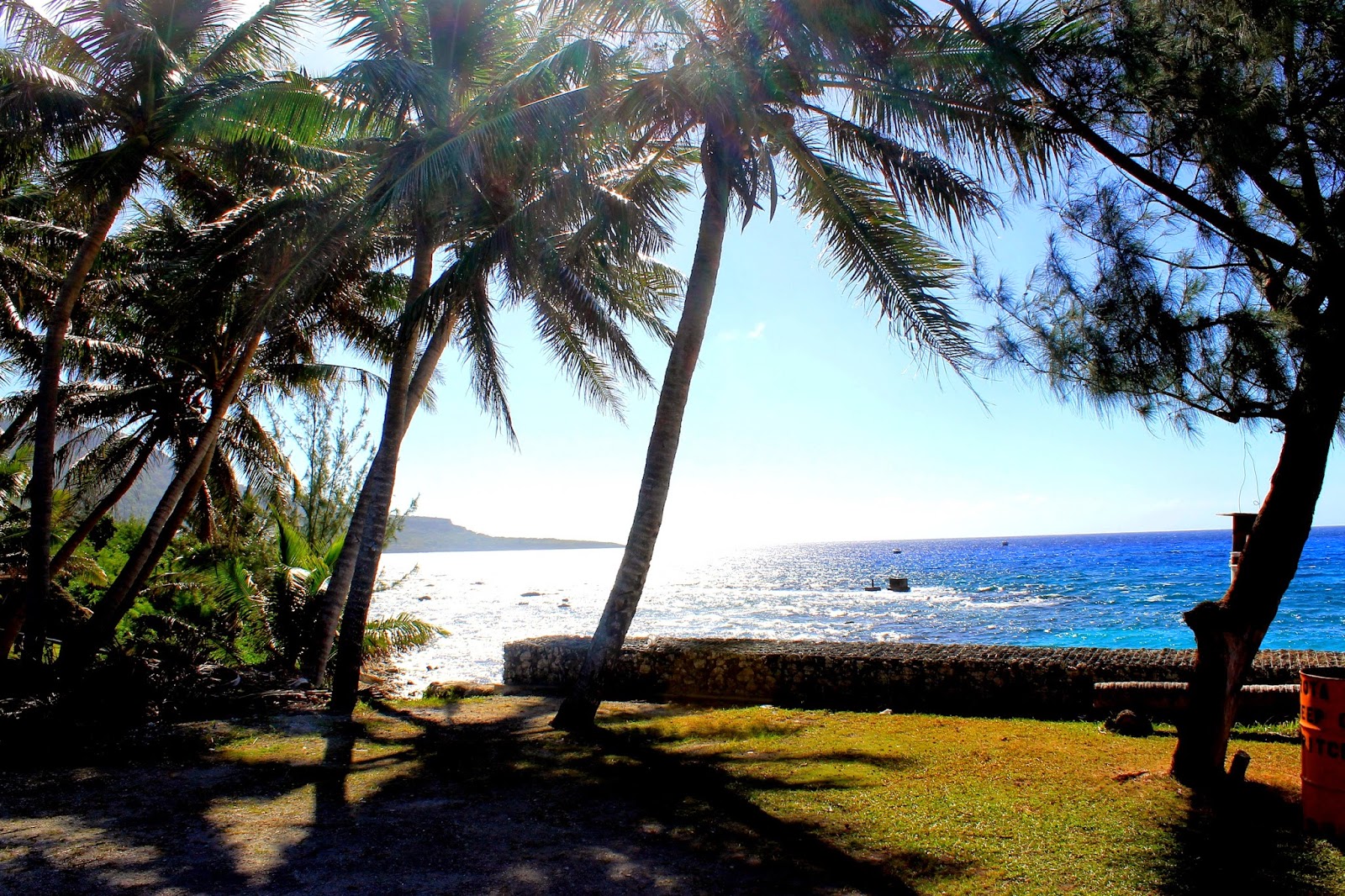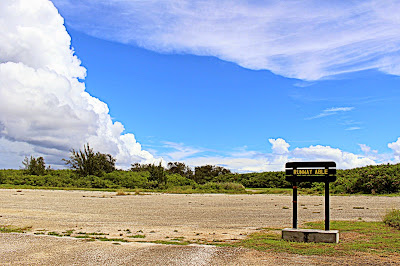Ancient Chamorro Cure for Sea-Sickness

I haven't posted much for the past week because I have been rushing to finish up my novel this month for ChaNoWriMo or Chamorro Novel Writing Month. The goal is to reach 50,000 words by the end of November. It is almost the end of November and with two days to go I am at 45,000 words. I should be able to make it this weekend but it has been a long slog. For three years I have worked on the same story tentatively titled "The Legend of the Chamurai." In it a warrior makahna or wizard during the ancient times has a vision where she witnesses the end of the Chamorro people. In order to prevent that end from taking place all sorts of giant mythical creatures and samurai and Spanish soldiers get mixed in. The first 50,000 words of this story were very focused, establishing the world of ancient Chamorros, the types of powers and spells they might have, the lore and the cultural knowledge that guided them at that time. The next 50,000 words built on t...





